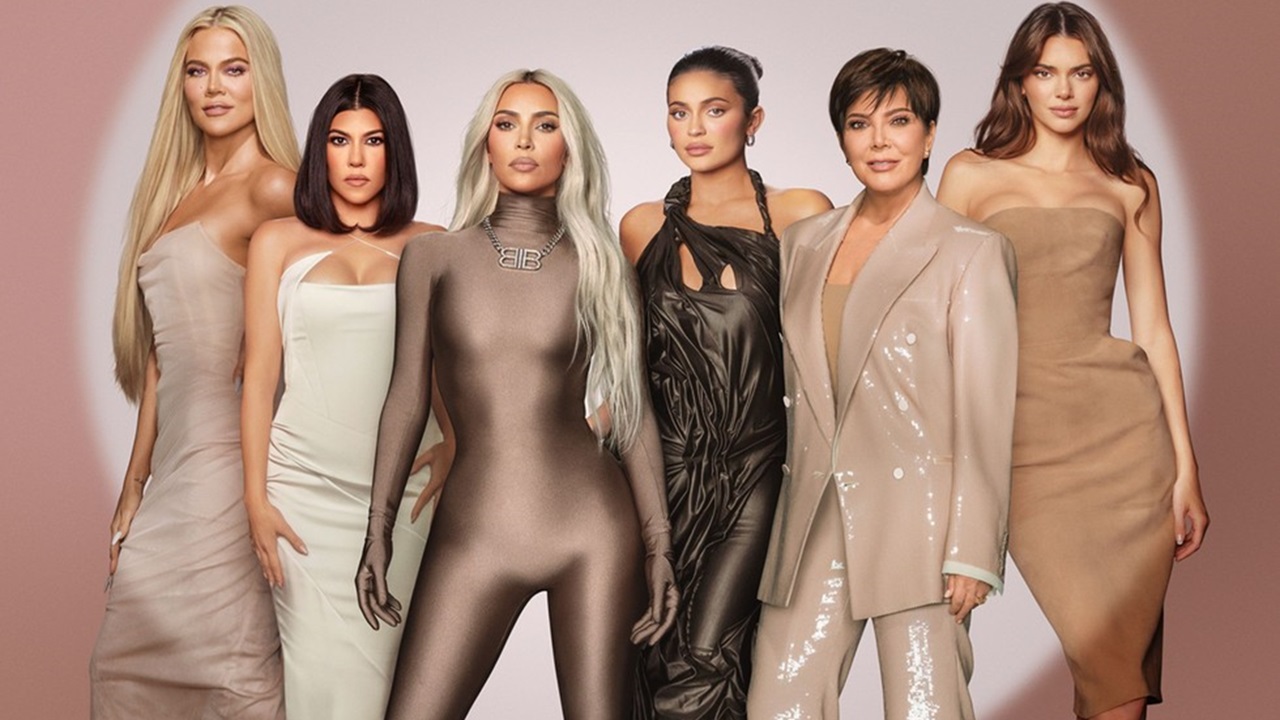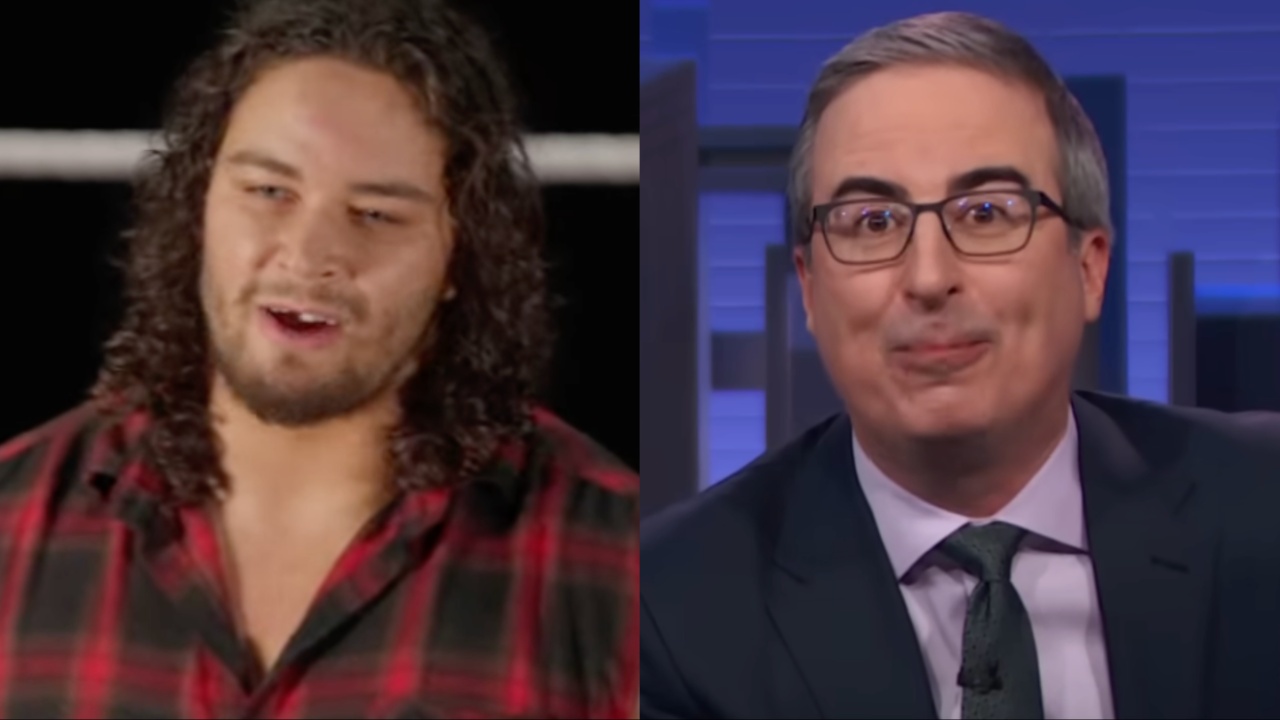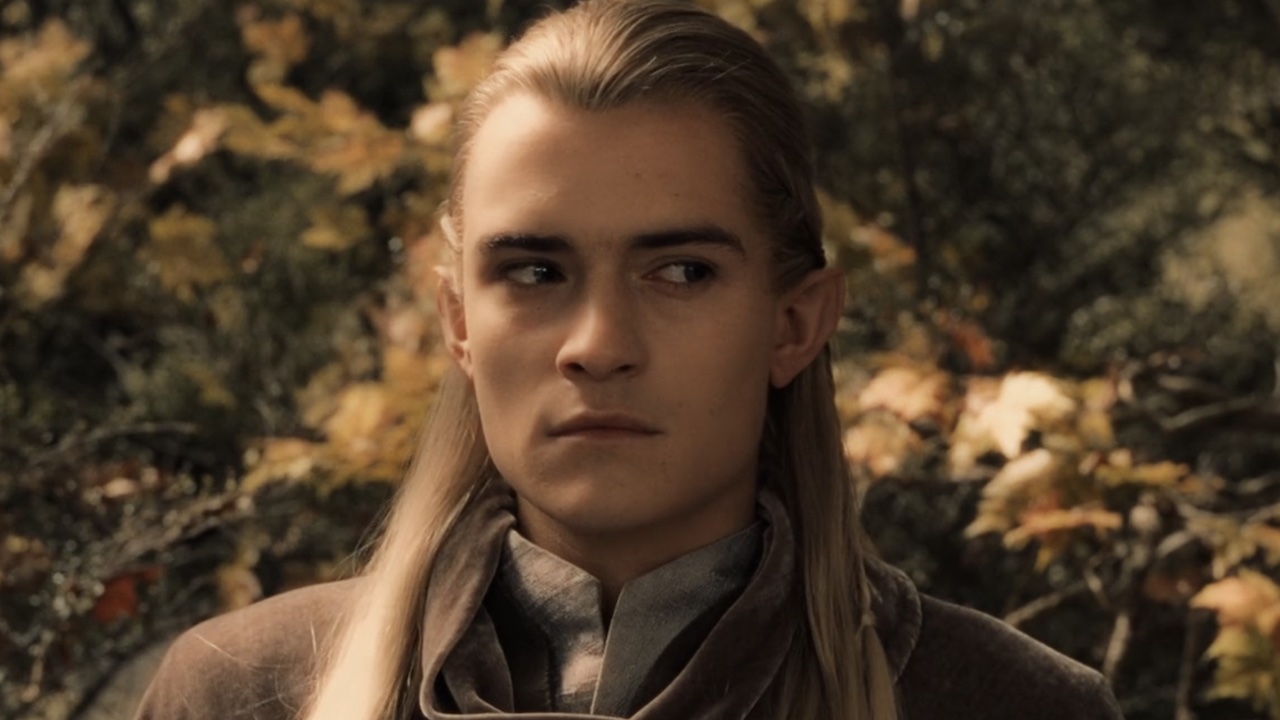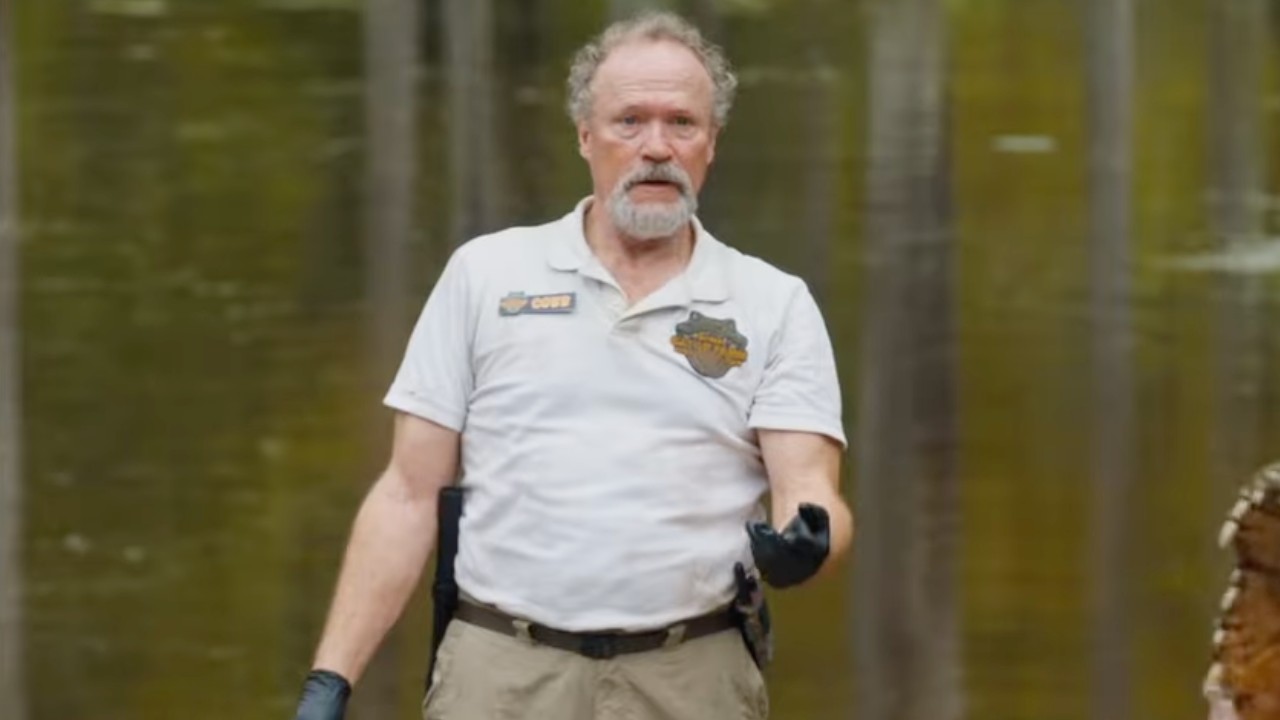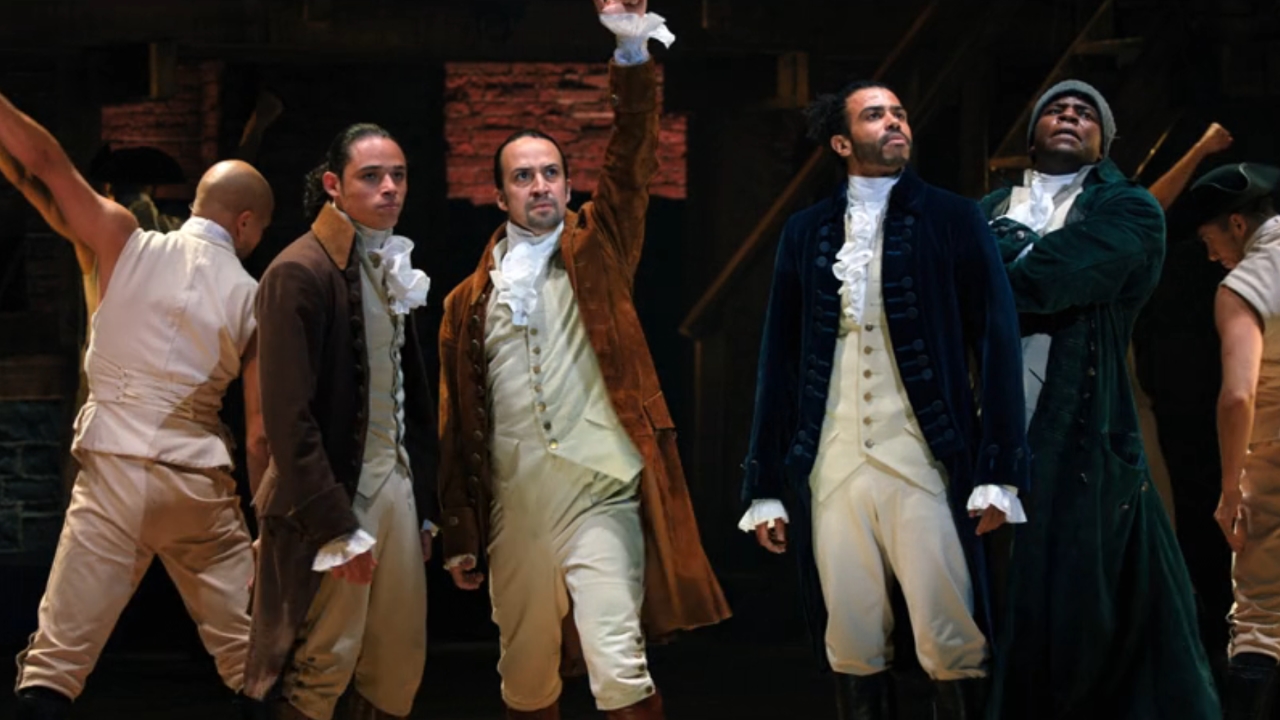Netflix Cancelled Another One Season Show This Week. Why Does This Keep Happening?
Another one bites the dust.
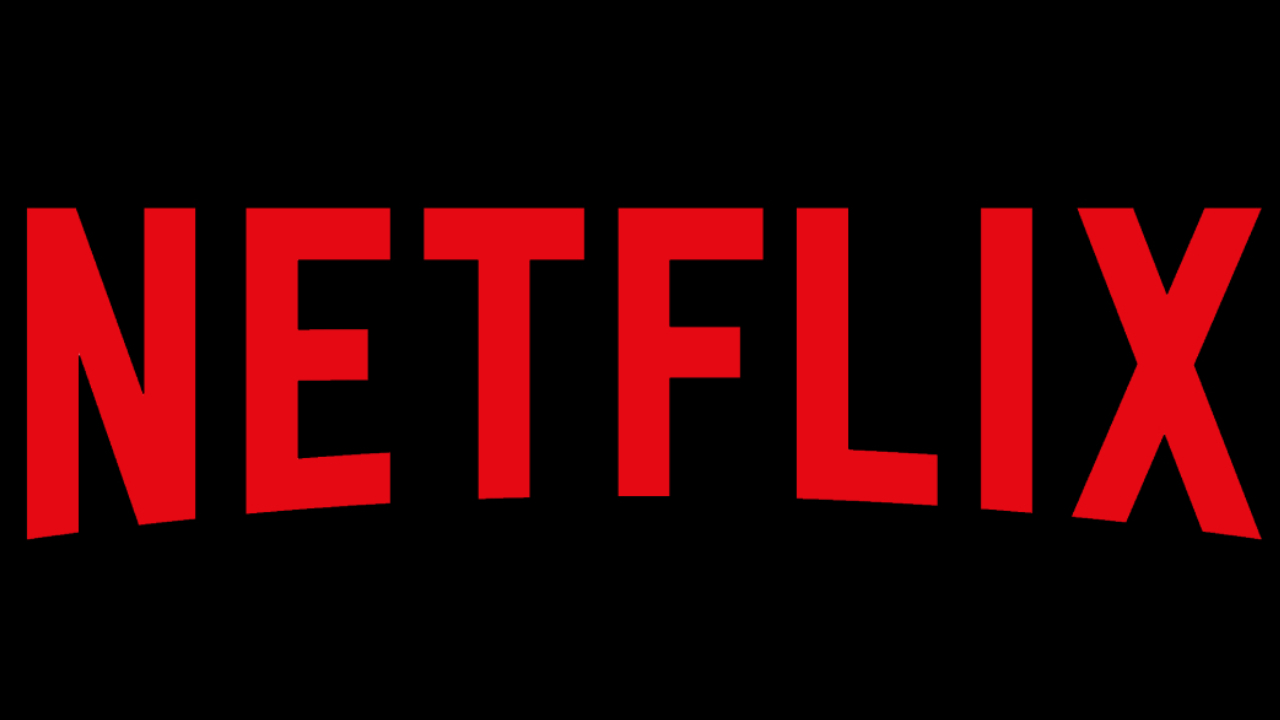
A flurry of Netflix cancellations have come down the pipeline this year. Some of these have been shows that had name recognition, or seemingly had fanbases that should have latched on. Other shows quietly came and went with little fanfare. This past week, Netflix cancelled Cowboy Bebop, a live action take on an anime series that seemingly had both recognition and fans. Cowboy Bebop only made it through just the one season at Netflix, a trend that keeps happening over and over. But why?
The answer lies in the way we have always consumed TV versus the way that Netflix sees itself as a disruptor in the entertainment industry. Netflix often wants to do things differently. The company only allows small theatrical windows for its movie releases, preferring the streaming format. When it comes to Netflix's TV schedule, the streaming service dabbles widely -- great for fans of genre TV -- but sometimes bad for obtaining large quantities of viewers when shows may only have niche value to begin with.
Let’s look at Cowboy Bebop for example. The show was commissioned way back in 2017 and by 2018 had landed Thor: The Dark World and The Mandalorian’s Christopher Yost to write the project. Actors came next, including John Cho and the Jurassic World franchise’s Daniella Pineda. Earlier in the fall of this year, Yost even said he was already working on Season 2 of the production, telling Vanity Fair they were hoping a "global audience" would embrace the show.
Hopefully a global audience embraces it, because we’ve got a lot more stories to tell. Across the lore of Bebop, there are certain episodes and stories that are just slam dunk, no-brainers to tell. And I would certainly love to tell more of them
Hopeful, right? Not so much.

How Netflix Is Different From The Traditional TV Model
The Netflix model for creating TV varies from the old school model of creating television in one major way: Netflix gives creators freedom to create an entire first season of their program. This seems great in theory, but it has a side of effect of leading to a lot of cancellations.
In old school TV models, networks will pay to produce a pilot. A huge slew of these pilots never make it to the next phase of television, which would be Season 1. An example of this would be the Game of Thrones prequel that HBO commissioned an expensive pilot for that never saw the light of day and ended with the project being cancelled entirely. If a show does ultimately make it to Season 1, it’s already been vetted on varying levels and given the chance to grow.
This doesn’t mean that networks never cancel shows after Season 1 (here’s looking at you, Firefly fans), but it does mean more time and care has gone into getting a show on the air. Netflix has a totally different philosophy; the subscription streamer doesn’t commission “pilots.” Instead, it commissions entire shows.
CINEMABLEND NEWSLETTER
Your Daily Blend of Entertainment News
So, if you are watching Season 1 of Bridgerton, that show was greenlighted by Netflix; then, it moved forward and created the first season it wanted. Next, Netflix chose when to make the show binge-able on its service. In that case, the romantic series found a worldwide audience and was so big that it earned renewals for Season 2 and beyond. This is the upside to the Netflix model.
Cowboy Bebop got the same treatment. Season 1 was commissioned and given 10 episodes, it moved forward and the subscription service gave it a (seemingly) pretty nice release window right before the Thanksgiving holiday. In the case of this show, it only earned mixed reviews -- it’s audience score on Rotten Tomatoes is even a paltry 56%.
While a bunch of people jumped on board and caught the show initially, its Week 2 numbers fared poorly, according to THR. In Week 2 the number of viewers catching Cowboy Bebop dropped 59%. Ultimately it seems not enough people watched or even liked the series to land it a renewal, though the cast was predictably gutted by the news.
The problem for shows like this -- ambitious but messy -- is that if they land at Netflix they get a whole season to explore, but then they often live forever on Netflix as only one season. The subscription streamer, which should be given some kudos for the sheer number of projects it puts out, is then forced to cancel a lot more projects than fans might be used to. That sucks for fans who invested eight or 10 hours into the show already.
It happened with the little-watched Hit & Run earlier this year. It notably happened with Jupiter’s Legacy, a show that had a lot of hype and a very notable cast, earning it a lot of buzz before its premiere. One show, Cursed, only got one season and then quietly wasn’t cancelled for nearly a year until Netflix dropped the axe. But cancelled these show were, and it’s a trend that likely won’t be ending anytime soon. At least for Cowboy Bebop fans, you’ll always have the anime.

Jessica Rawden is Managing Editor at CinemaBlend. She’s been kicking out news stories since 2007 and joined the full-time staff in 2014. She oversees news content, hiring and training for the site, and her areas of expertise include theme parks, rom-coms, Hallmark (particularly Christmas movie season), reality TV, celebrity interviews and primetime. She loves a good animated movie. Jessica has a Masters in Library Science degree from Indiana University, and used to be found behind a reference desk most definitely not shushing people. She now uses those skills in researching and tracking down information in very different ways.

